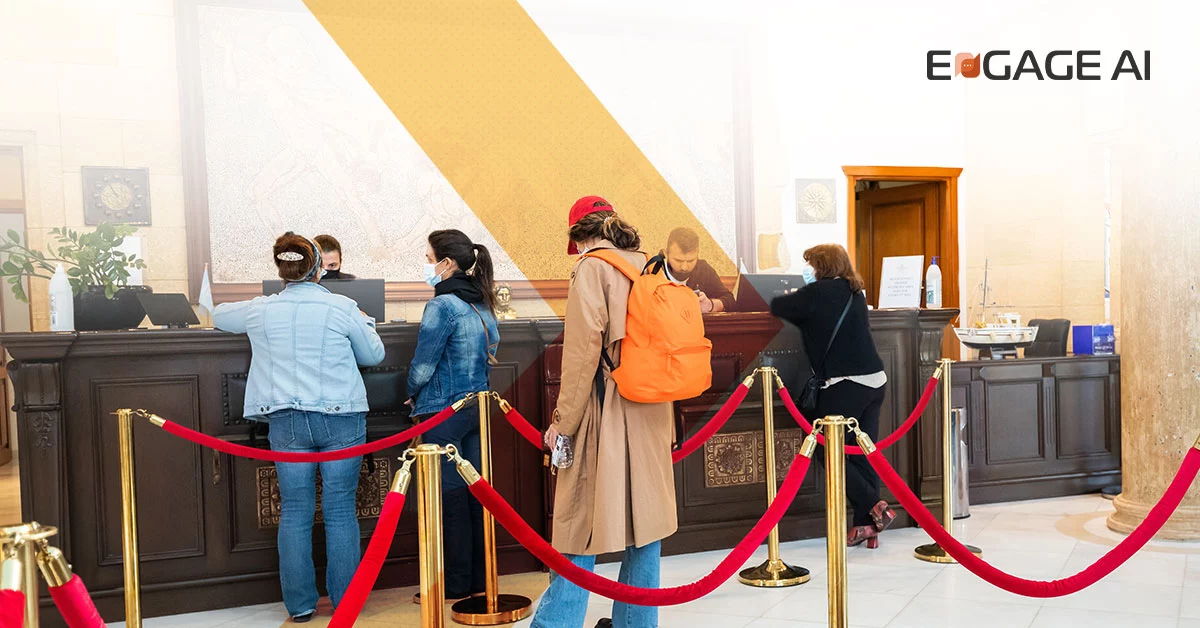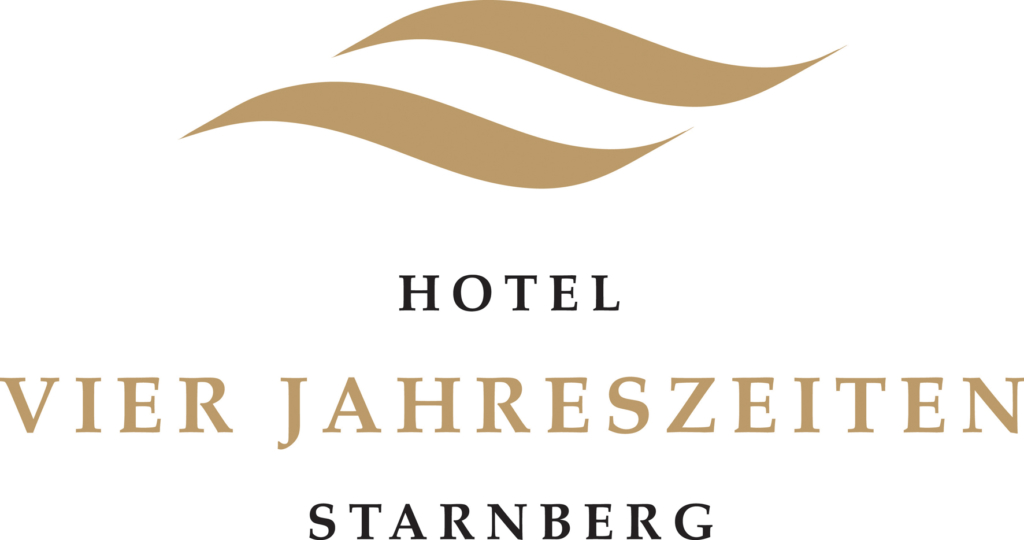“Is my room ready?”
“Can I get a late check out?”
“Does my booking include meals?”
“What are the pool timings?”
“What are some popular sights around here?”
“How does public transport work here?”
Long queues of antsy guests waiting to check in. Landlines ringing all around. Front office staff trying to apologize for the delay. And it’s only the start of a new shift.
Sounds familiar? If this is what your front desk looks like, something must be done. But to fix the problem, it’s important to first understand where it all started: The year that shall not be named. The pandemic dramatically changed the way humans have worked for centuries in the span of a few months. The hotel industry is no exception.
With contactless check-ins to multiple sanitizations throughout the day, guests have come to expect a certain level of hygiene and precautions from the places they visit. Whether it be having to wait in lines with many other people or having the elevators sanitized, guests are choosing to be safe. Hotels that don’t follow these protocols are at risk of severely affecting their reviews and their business.
One of the first places where the hotel makes its impression on how seriously they take the health of their guests is the front office. Long queues filled with guests resulting in increased odds for any kind of virus transmission? 0 stars. Waiting by the front office and touching multiple surfaces to have to check-in? 0 stars. Contactless check-in to only pick up sanitized keys from the front office? 5 stars.
A hospitality business’ beacon of hope in these demanding times lies in innovative technological solutions designed to keep up with fast-changing times. Let’s dive into a deeper look of what are problem areas that are faced by the front desk and how it affects guest experience.
What are the problems?
-
Staff that is overworked and underappreciated
The hotel and motel industry reports experiencing an employee turnover rate of 73.8%.

This is mainly triggered due to the working conditions, high job demands with low pay, work timings, relationship with the superiors, lack of recognition, and unhealthy work environment. Add to that, the strain of the pandemic, many employees have left the industry triggering a terrible labour shortage.
-
Lack of systematic cohesion between guest and hotel
With the industry now scrambling, hotels have less help and more guests to serve. Without a structured communication between the guests and the hotels, there has been a significant drop in guest satisfaction. This ultimately leads to hotels losing a major part of its revenue and loyal guests.
-
Out of sync guest management systems
Most hotels haven’t upgraded from their old management systems. With ever-growing technology, it is vital to stay updated.
A recent study by OpenMarket said that 90% of guests in the US and UK preferred communicating via text with the hotel.
As hotel leaders, it’s important to keep abreast of this channel of communication to better customer experiences.
As these problems have arisen, so have the solutions
-
Automate responses to reduce the load
Techology advancements have allowed the development of conversational AI and chatbots for the hospitality industry. Automated FAQs can be programmed so guests can get an instant answer as soon as they send a text. This allows personnel to use more of their time on creating better experiences and optimizing their productivity.
-
Create a one stop system for all hotel information
Putting together all the different hotel services and numbers in one place so guests can access whatever they need when they need it without needing employee intervention. A virtual system which can anticipate the guest’s needs to provide them with the best experience possible. This way, the guest can easily navigate the different services offered at the hotel and the hotel will be able to upsell these services to the right people.
-
Update management systems
It is no secret that every organization has its own systems in place. While making everything universal and standardized is certainly not the required outlook, being grounded and set in orthodox methods does not help either. Front desk operations throughout the globe need smart devices and open-source-friendly systems. Adaptability is key to being ahead of the competition in this fast-paced environment. Front office will then be able to reduce time spent in outdated activities and focus on what really matters: The guest.
The Way Forward
As we step into the post pandemic world, optimizing workflow in the front office will boost customer satisfaction as well as help cope with the loss of employees. Boost productivity in the front desk with the aid of technology designed to enhance guest stays and remove any barriers between the guest and the hotel.
Since we live in a digital era, giving guests the digital space to engage with the hotel is essential and productive. Not only does this translate to better service but also opens up opportunities to reduce costs, therefore increasing revenue.
The hospitality industry is quickly seeing an upturn mainly due to the return of normalcy in the world. People have taken up traveling and going places much like before, however, their need for safety and concern for their health has also taken precedence. Therefore, the onus is on the industry leaders to create an ecosystem of great experiences coupled with ease of access and enjoyable service at all times. The answer lies in innovative technology solutions that save time as well as boost revenue.
The hotel industry is increasingly employing conversational AI and robotic automation technologies, but there’s still a huge ground to cover. It has a huge potential but is underpenetrated.
Engage-AI is RateGain’s Virtual Assistant Conversational AI platform which helps optimize your hotel’s operations, create upsell opportunities and generate more revenue per guest, ultimately enhancing guest experience and increasing satisfaction scores for the hotel.
For an in-depth guide on Engage-AI or to schedule a free demo, get in touch with our experts “here”


